A summer in Mongolia is a distant thought for many. 1st of July, two of NIKUs researchers will travel to Mongolia to study cooperation among nomadic herders.
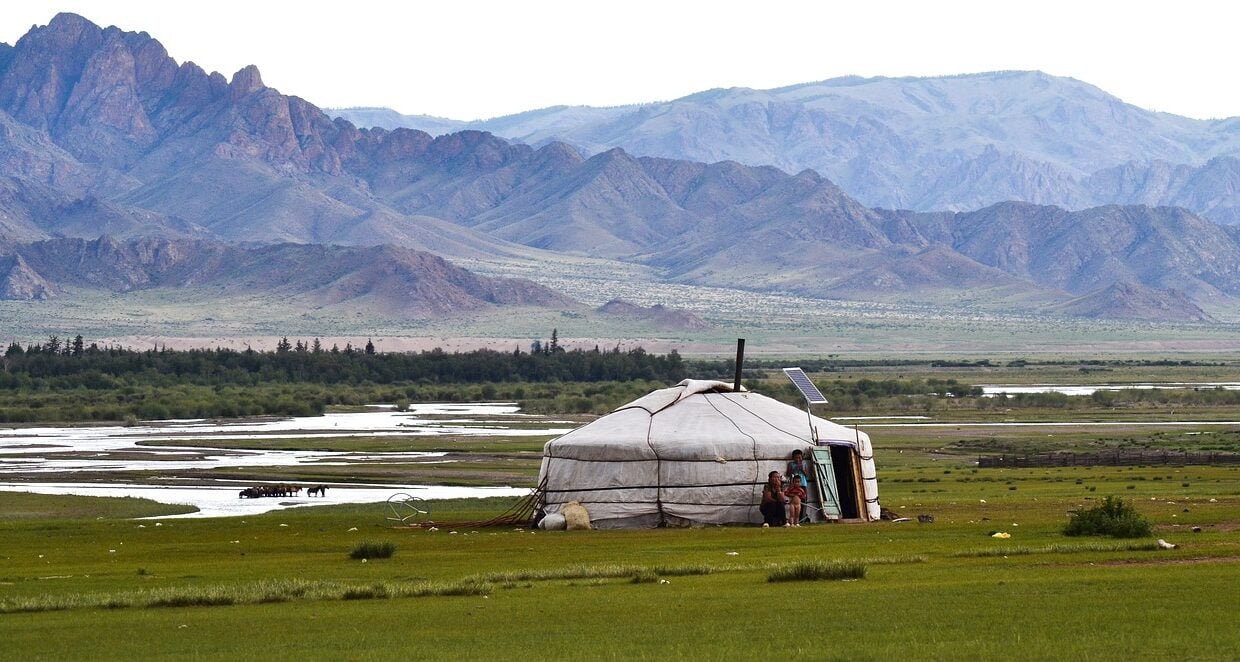

A summer in Mongolia is a distant thought for many. 1st of July, two of NIKUs researchers will travel to Mongolia to study cooperation among nomadic herders.
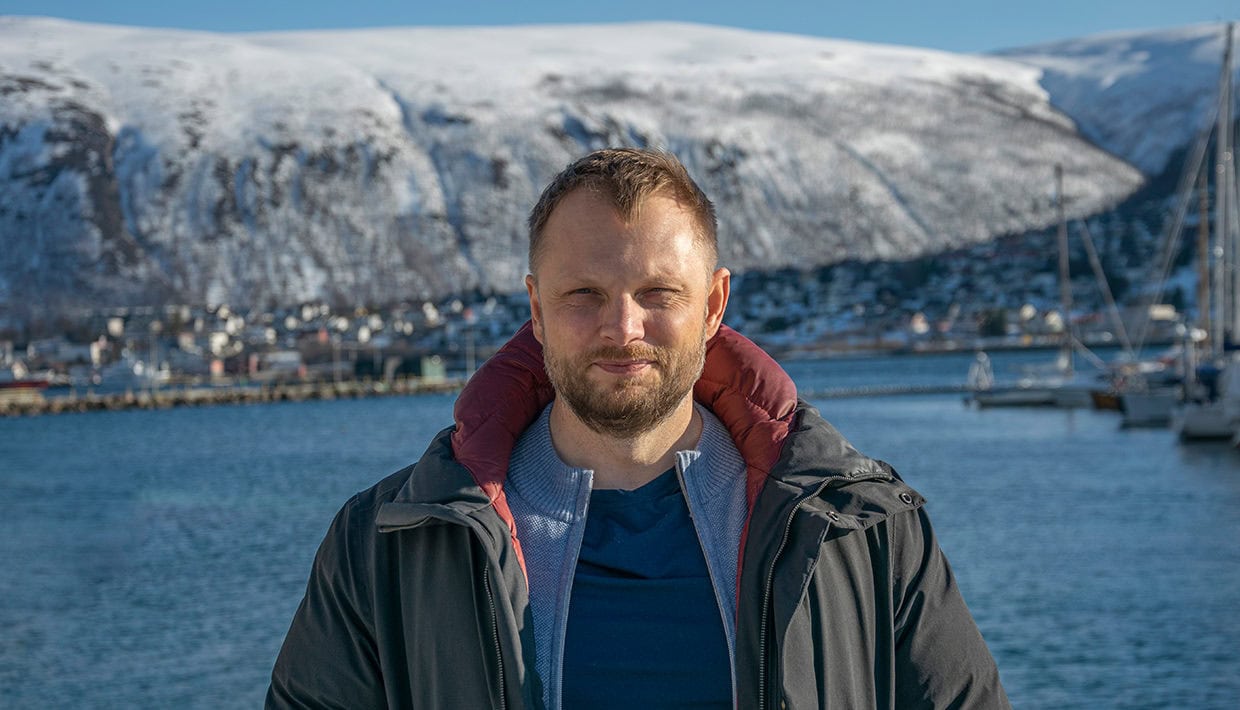
Marius Warg Næss from NIKU’s High North Departement at The Fram Centre has received funding from the European research council as one of nine Norwegian researchers. The next five years, he will study how political complexity can evolve from small-scale cooperative groups in nomadic pastoral societies.
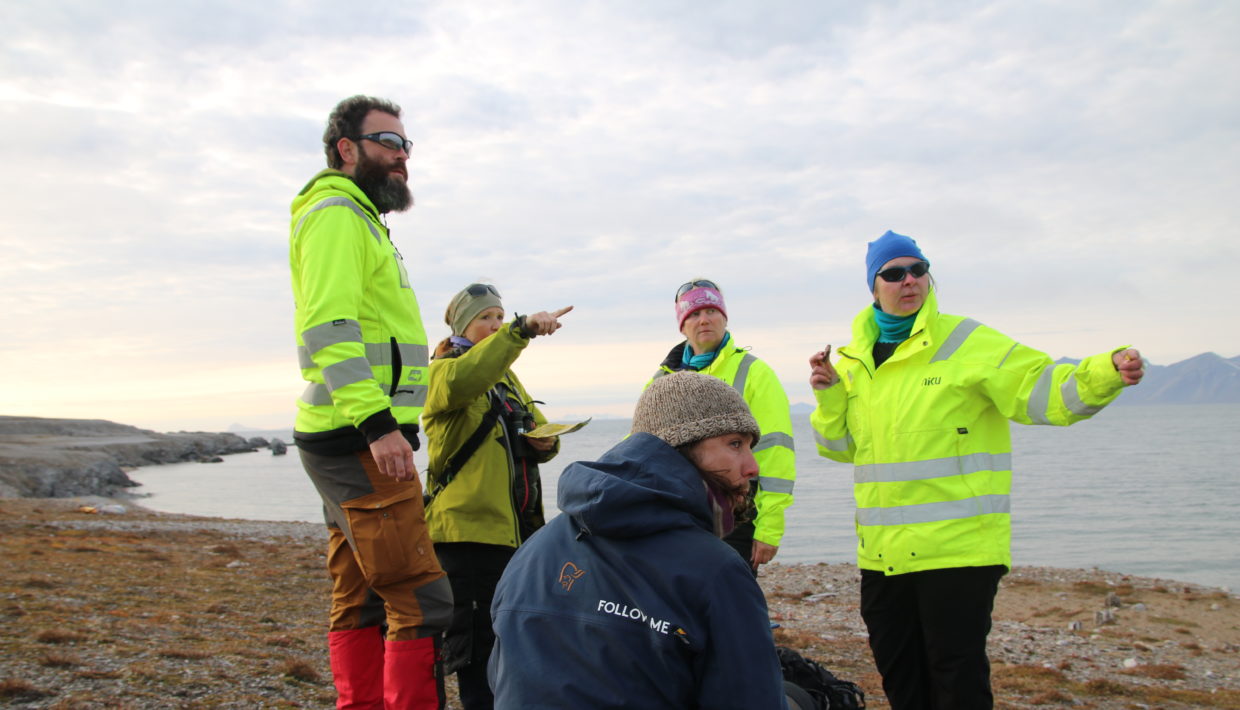
Coastal Erosion Affecting Cultural Heritage in Svalbard. A Case Study in Hiorthhamn (Adventfjorden)—An Abandoned Mining Settlement
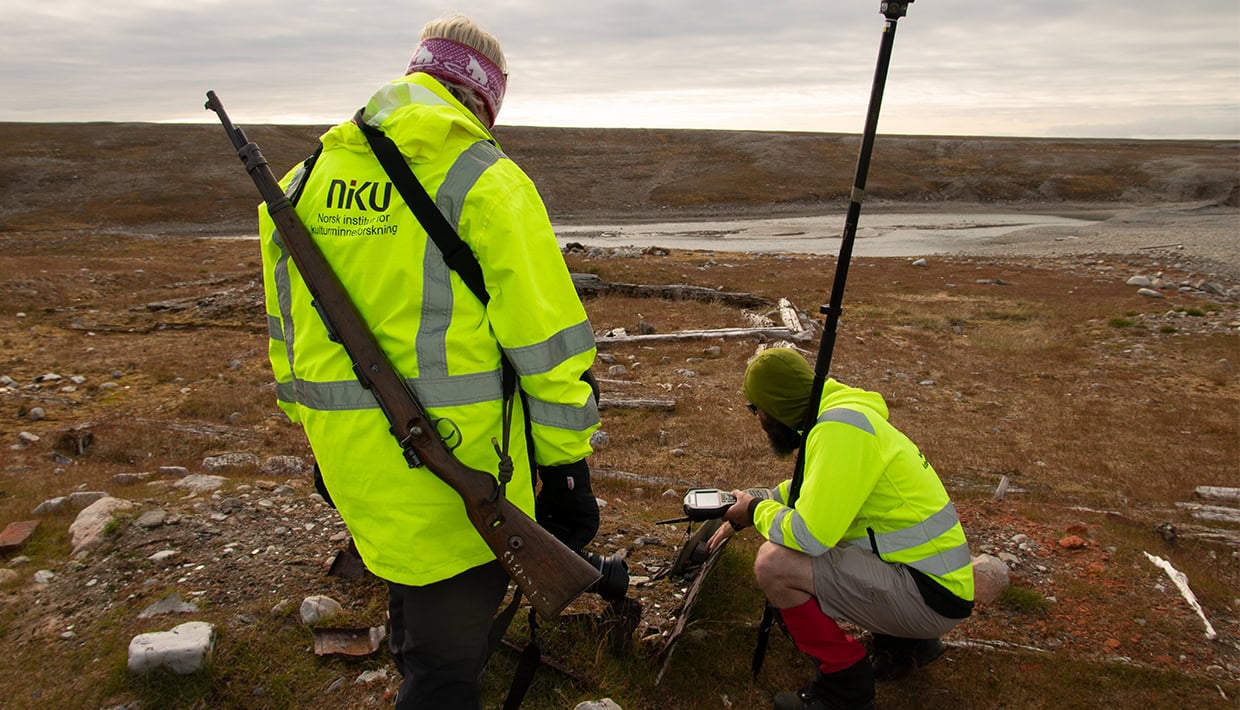
A group of scientists recently returned from Svalbard after investigating how to monitor, manage and preserve Cultural Heritage in the Arctic.
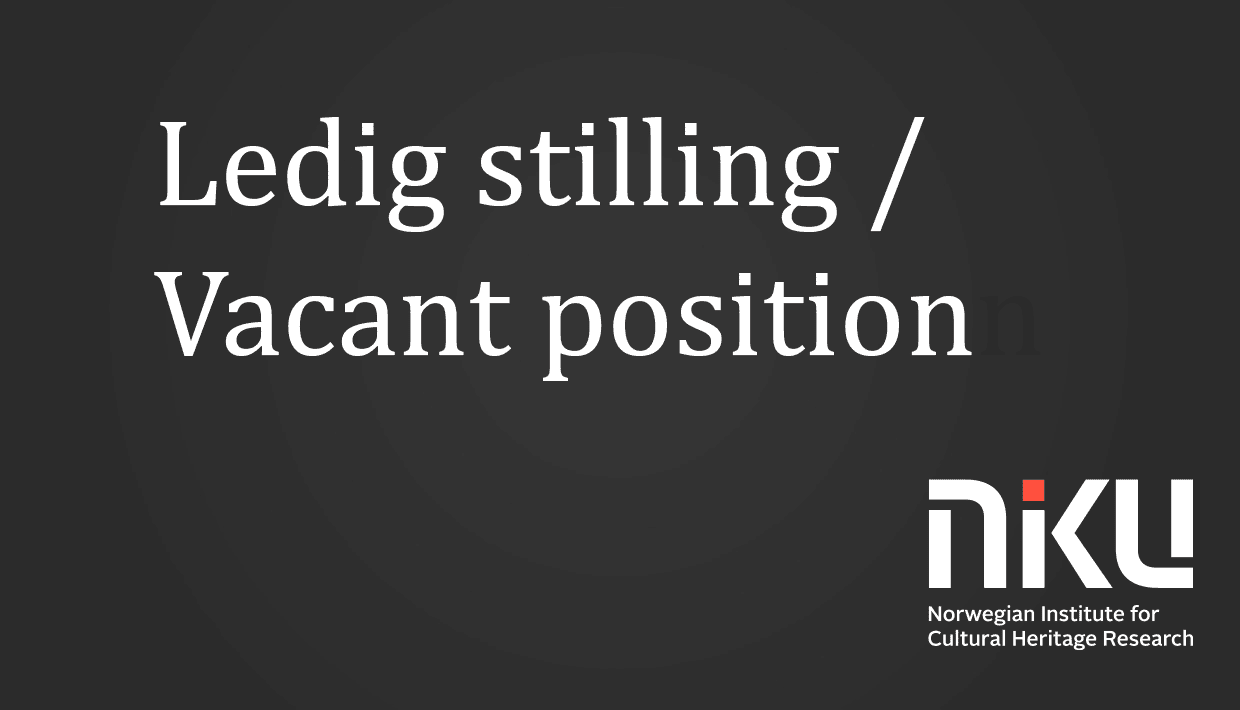
The Norwegian Institute for Cultural Heritage Research is looking for one researcher for our High North Department in Tromsø.
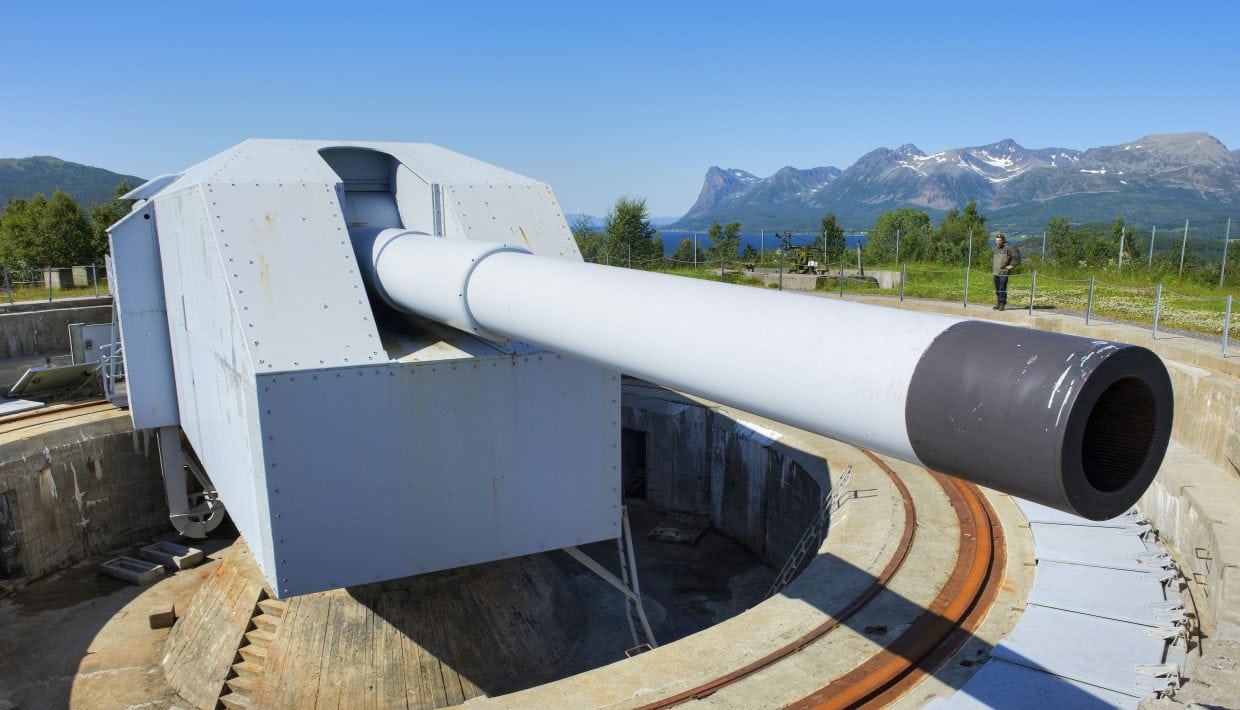
The Norwegian Institute for Cultural Research (NIKU) is working on a research programme on World War II heritage, with a special focus on the northern and Arctic areas.
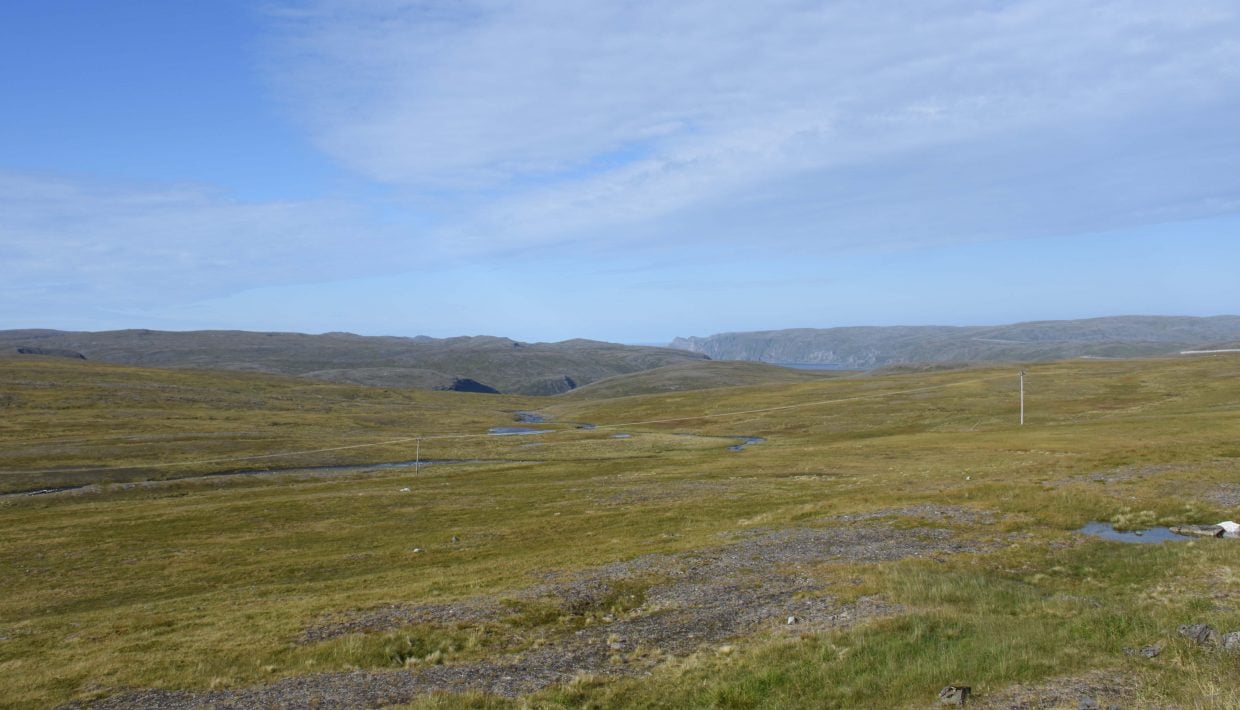
In an new article the authors argue that perceived norms potentially allow social networks promoting cooperation to emerge and be maintained in a Saami reindeer community.